Ed Kashi has long used his photography to help advocacy groups around the world. If you want tell better stories and create change with your own images as he does, then apply these photojournalism tips:
Find Your Passion
One of Ed’s the most important tips is to find out the passion behind your photography. Find out what drives you to pick up your camera. Go out there, be curious and learn about the world. Find out what you truly care about and what stirs your passion. These are the things that you need to figure out to be able to tell better stories.
Engage in Advocacy Work
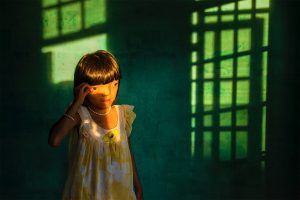
Photo by Ed Kashi. Nguyen Thi Ly, 9, who suffers from Agent Orange disabilities, in her home in Ngu Hanh Son district of Da Nang, Vietnam on July 9, 2010.
Find issues or social causes you can engage with. There’s an edge and a real point when doing advocacy work. It makes you feel honored to be part of a certain organization’s effort to make a difference. Engaging in advocacy work will help you shine a light on an issue you want to facilitate change. Doing this will give you the opportunity to be part of the tremendous change with the kind of stories that your photographs could tell.
Have Great Partners
Once you decide to engage in any kind of advocacy work, make sure you choose who you work with wisely. Create the change that you want by working with the right organizations and partners. Look for organizations with causes and platforms that you can relate with.
Limit the Variables

Photo by Ed Kashi. Walter Arsenio Rivera, 29, who is a cane worker that suffers from CKDu, poses in Chichigalpa, Nicaragua on Jan. 7, 2014.
Photography is about variables. Learn to limit the variables that you work with so you can focus and pay attention on what matters. Eliminate less important variables and focus on what’s in front of you. There’s massive power in putting your attention on what you should really be putting it on.
Don’t Let Equipment Get in the Way
Don’t let the camera become a distraction. Interact with your subject and build that rapport. Human interaction matters. It’s not just taking the perfect shot but also about making that connection.
Don’t Miss the Simple Shot
Taking complex shots and applying technical knowledge is always a challenge. However, don’t be so consumed in getting that complex shot that you forget about what the story is all about. The essence of your story in an image should still be there.
Engage in Narrative Photography

Photo by Ed Kashi. Inmates at the Hamilton Aging and Infirmed facility gather to smoke in the designated outdoor smoking area.
There are four images that are building blocks when you’re trying to be a visual storyteller. These are Environmental Portraits (images where you’re ethically allowed to direct the subject), Landscape or Sense of Place (images of what a place looks like), The Details (finding meaning about different images of inanimate objects), and Candid Moments (images that were taken with a photographer’s visual voice but no direction). Practice and work around these four kinds of images for your narratives.
These are just some photojournalism tips from Ed Kashi that you can apply to become a better storyteller in your photos. In addition, don’t forget to plan ahead before your shoots. Being prepared will help you better understand what you need to do for others to clearly see what you are trying to convey.
Learn More:
Previous Interviews:
Photography Techniques: Photojournalism Tips From Ed Kashi
Pro Lighting & Photojournalism Tips – Ed Kashi
Natural Lighting Tips, Strobe & Photojournalism Advice – Ed Kashi

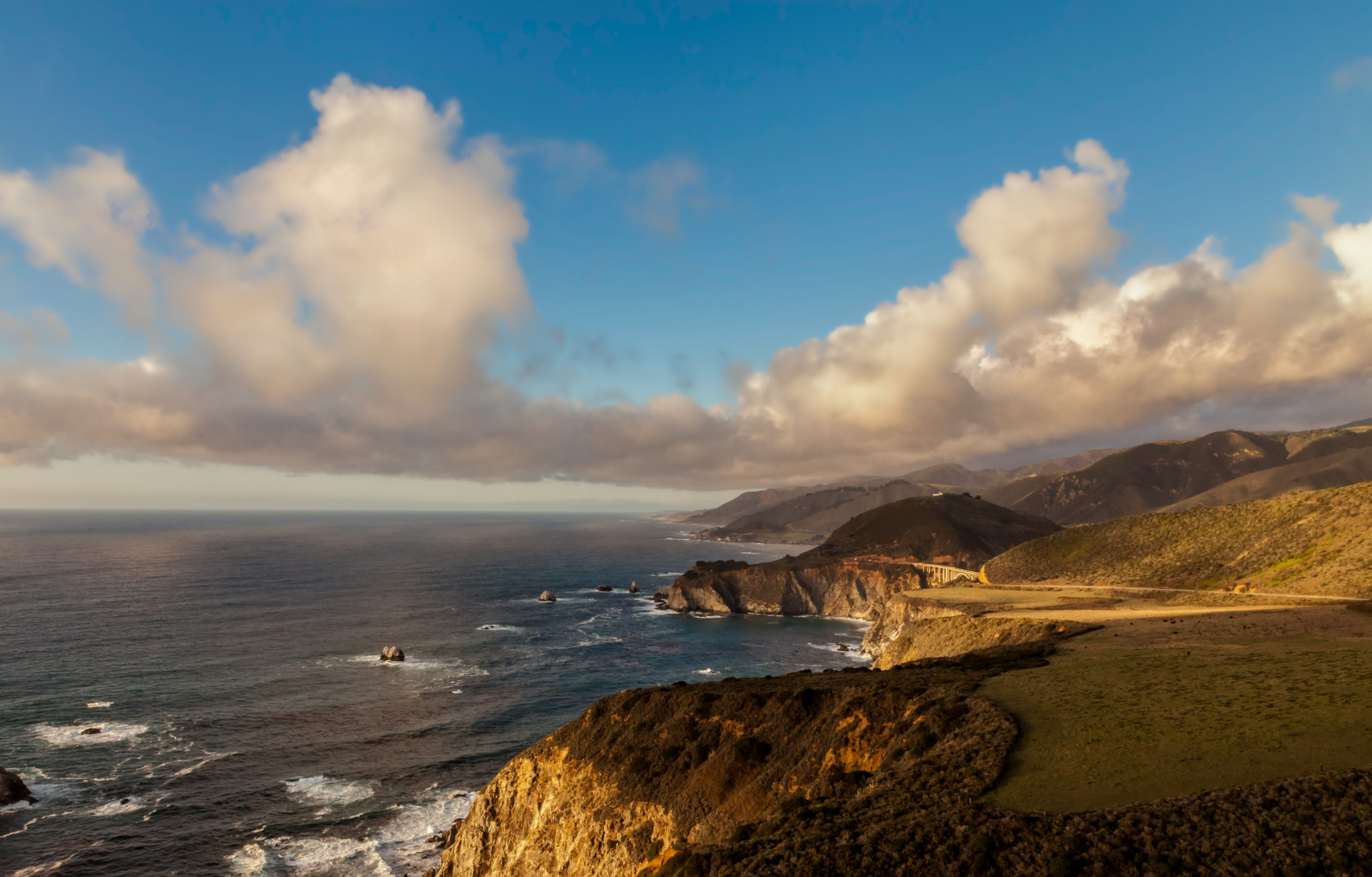
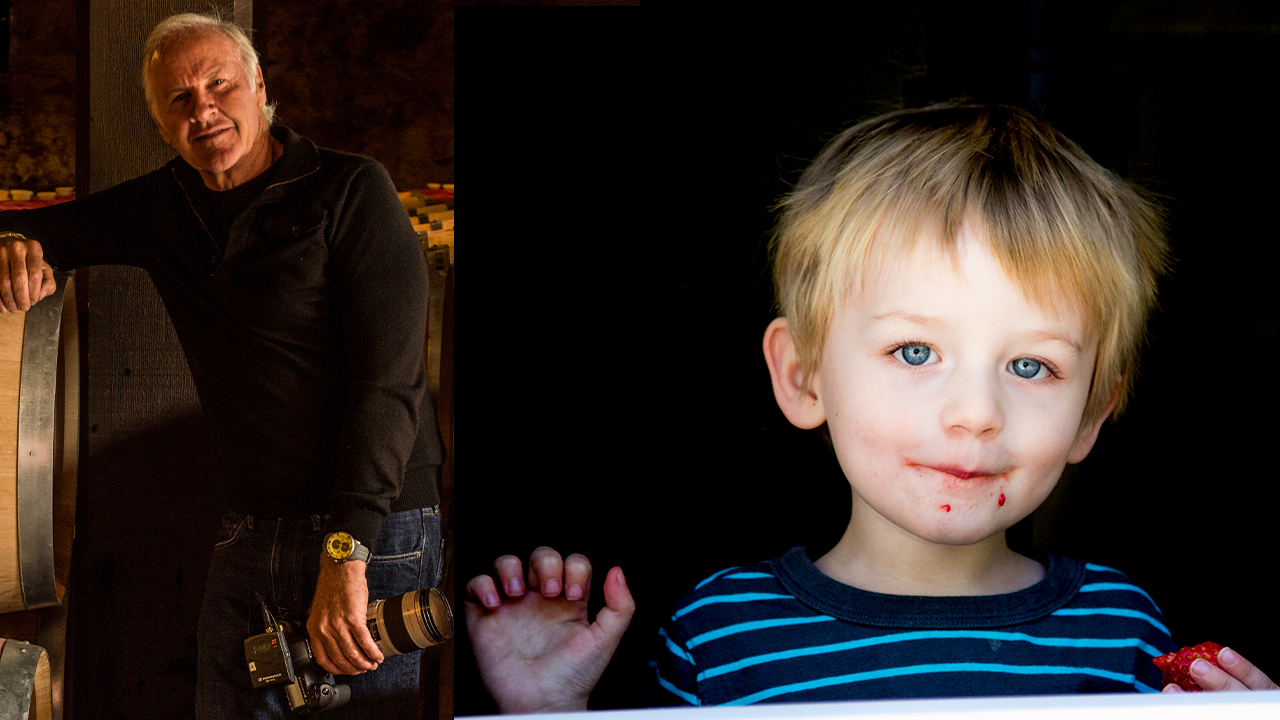
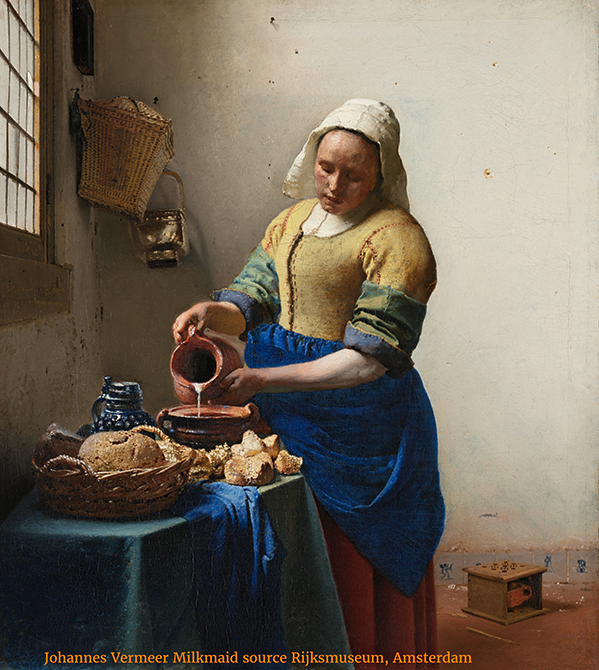
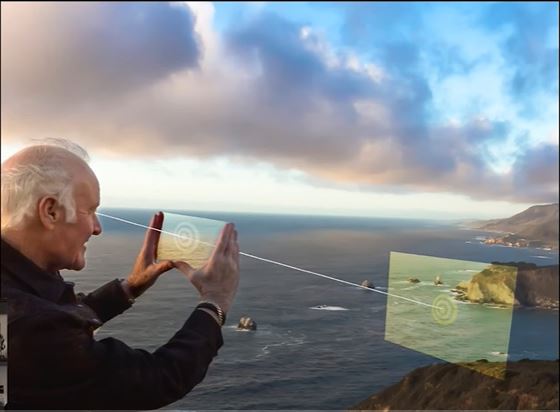
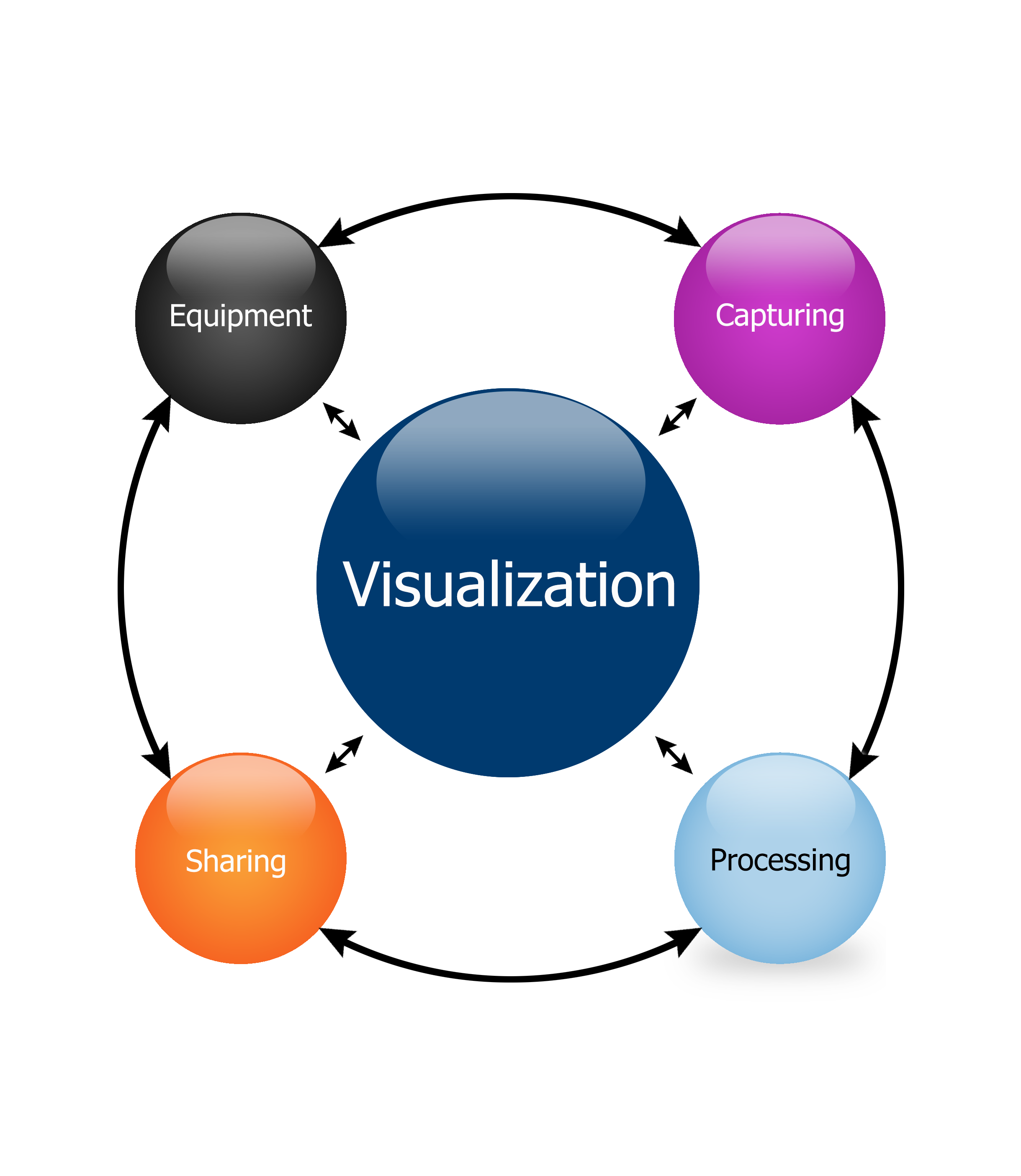
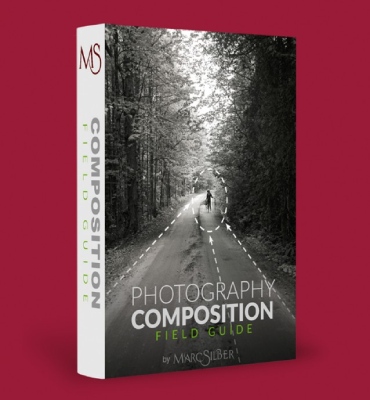
Leave A Comment
You must be logged in to post a comment.